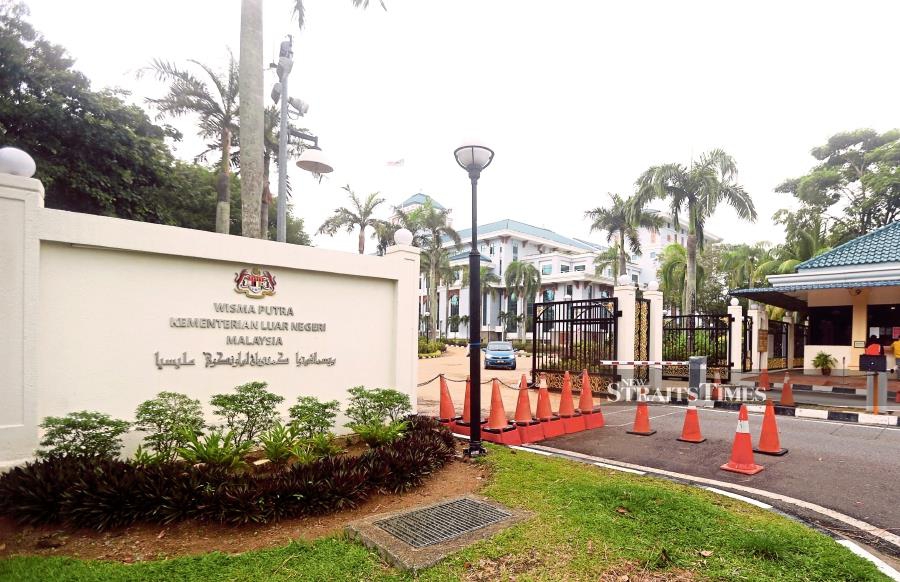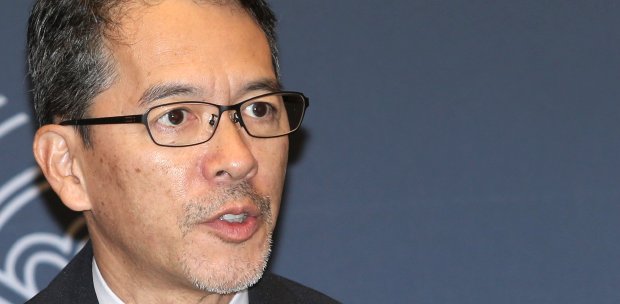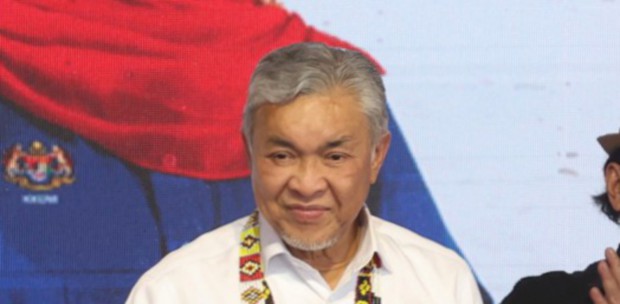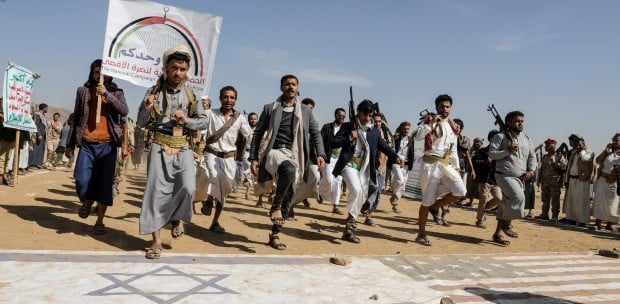DIPLOMACY is slowly coming back on stage with its in-persons gatherings and it is noticeable that Foreign Minister Datuk Seri Hishammuddin Hussein recently attended the Antalya Diplomacy Forum in Turkey.
While traditional in its format, there is no doubt that Antalya is an important gathering focused on new approaches fit for a type of diplomacy where geopolitical rivalries are increasingly set to dominate the global agenda.
In a landscape where two countries can first have their prime ministers holding a very cordial meeting virtually and then in the real world, literally few days apart, one of them have his sovereign airspace violated by the air force of the other's, investing in global affairs is key.
For a country like Malaysia, a middle power, this hard reality means going beyond its traditional foreign policy comfort zones.
It also implies rethinking its position in the world, striking a new balance between its traditional core values reflecting longstanding political priorities and the needs of the day while also engaging more and beyond the traditional Wisma Putra's strategic outreach.
Considering the paucity of resources available, it's hardly imaginable for the county to be able to outpace bigger nations with their global networks of embassies and plenty of funds used to expand their influences.
Instead, Malaysia could start implementing the so-called "Foreign Policy Framework of the New Malaysia, Chance in Continuity" that was approved in mid-2019 by the previous coalition in power.
No matter the very fluid political scenario at home, it is a matter of urgency that political parties set aside their differences to present a new joint foreign policy front.
In a sense, Malaysia really needs to punch above its weight and be able to become more influential not only with its traditional stakeholders, like the ones attending the Antalya Diplomacy Forum, mostly emerging nations, many of which are not aligned or members of the so-called G77 of developing nations, but also with those countries normally perceived as "trend setters" in matter of global affairs.
Renovating and modernising its foreign policy is essential if Wisma Putra wants to engage as equal with the most developed nations through high level diplomatic meetings, but also through a much stronger public diplomacy that can also generate a good will towards the country.
For example, Malaysia is not part of the G20, but Indonesia, as a permanent member of this bloc, will take over its chairmanship next year. The only G20 event a prime minister of the country attended was the summit held in Turkey in 2015, where Datuk Seri Najib Razak attended as chair of Asean.
Neither Spain nor Singapore are officially members of the G20, but their participation as invitee is taken for granted now. Wisma Putra should aspire to attain a similar position, a proposition that is not unattainable with the right homework at home.
Another club Malaysia is not part of is the Organisation for Economic Cooperation and Development, or OECD, that is increasingly seen as a knowledge hub and partnerships brokers of the most advanced nations, a role Putrajaya should certainly aspire to.
Can the country be considered as a reliable partner at the highest levels of global relations without losing its own identity and vision of the world that shaped the way Malaysia conducts its foreign policy since independence?
"The Foreign Policy Framework" might help here because it envisions a bolder foreign policy, more transparent and participatory able to engage also the expertise of the academia and civil society.
The document is also important because it puts a premium on coordination among different ministries and state agencies in conducting foreign policy and prioritises core values like human rights, justice and fairness Putrajaya deems essential defending around the world together with "championing reform of international organizations" where Malaysia is a member.
Closer to home, this means making the Asean more effective and efficient and less complex while also continuing to pursue with Jakarta a strategic partnership for the common good in the region, a special relationship that can also be turned into a friendly and sportsmanlike rivalry akin to that of France and Germany, the two engines of regional integration in the European Union.
Moreover, even on a shoestring you can conduct smart diplomacy if the existing embassies are turned into spaces that project the ambition and determination of a country that could be elevated to the highest echelons of global affairs.
Besides Turkey, Hishammuddin also visited Egypt. Perhaps, in the next Antalya summit next year, whoever will be the foreign minister might add few more stops. Berlin, Paris, Brussels, Rome and London are waiting for a stronger Malaysia on the global stage.
The author writes on social inclusion, youth development, regional integration and the SDGs in the context of Asia Pacific






